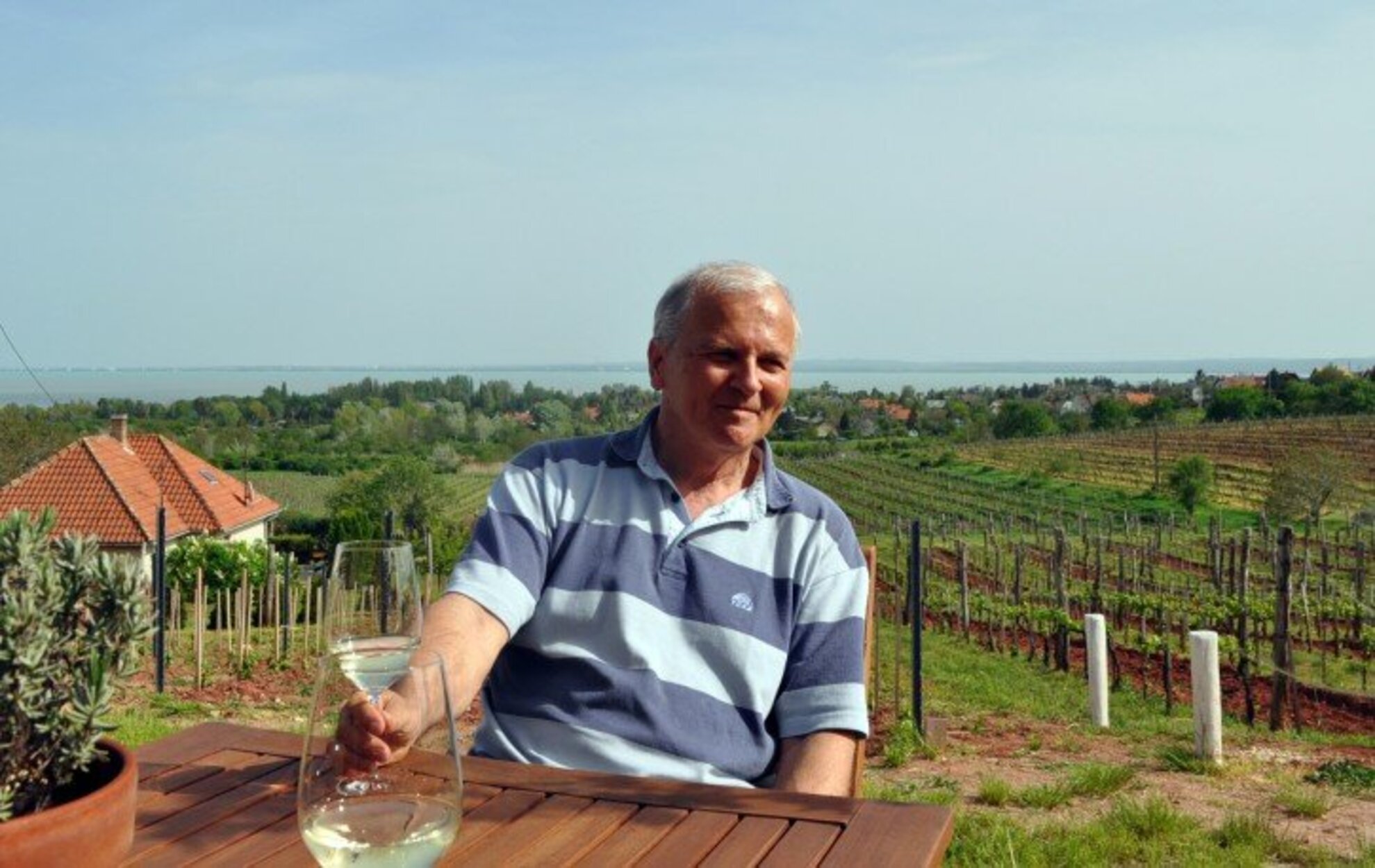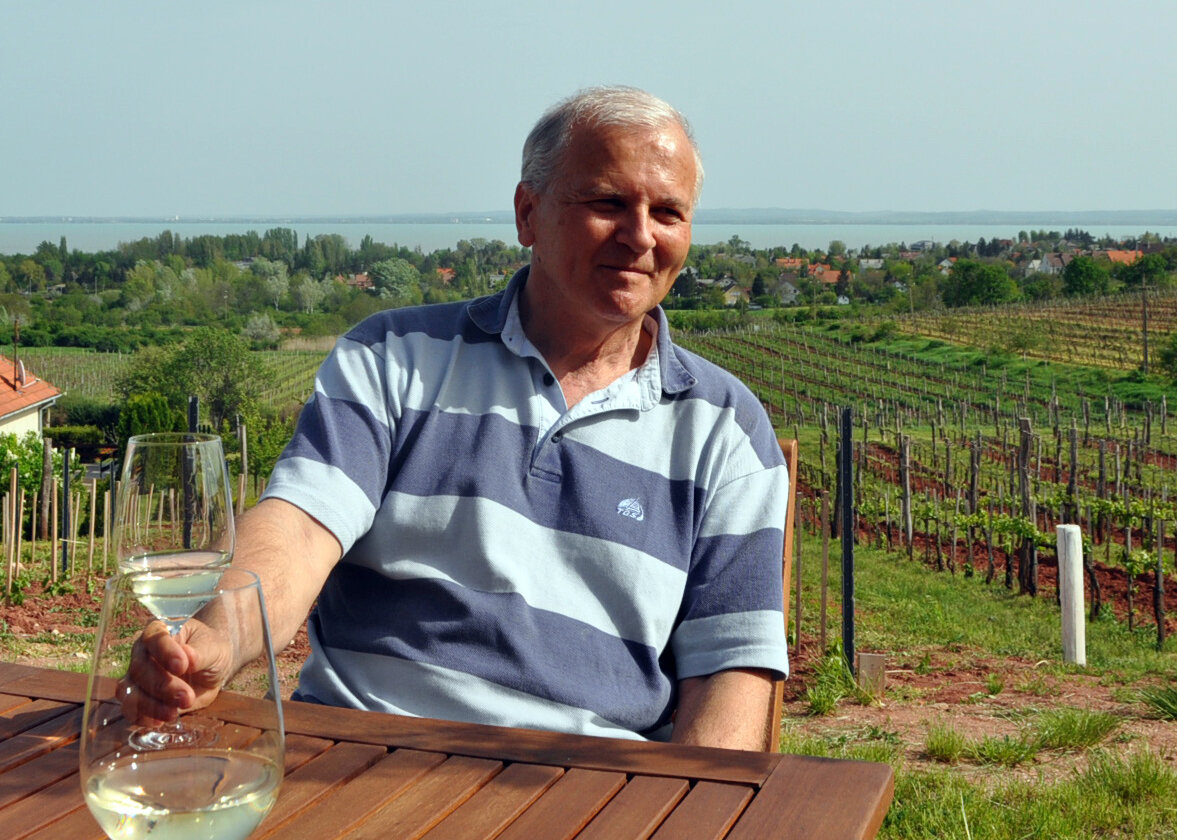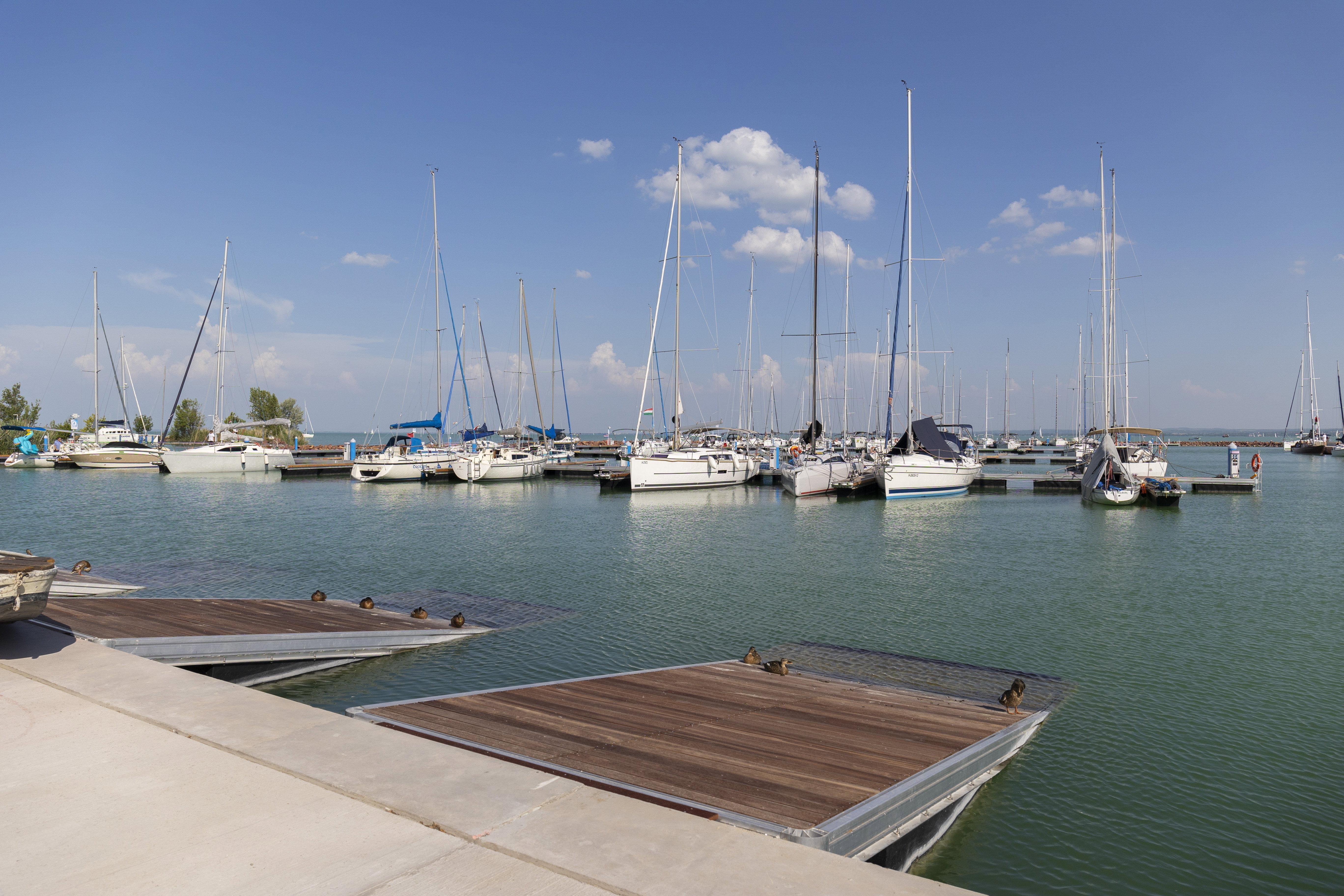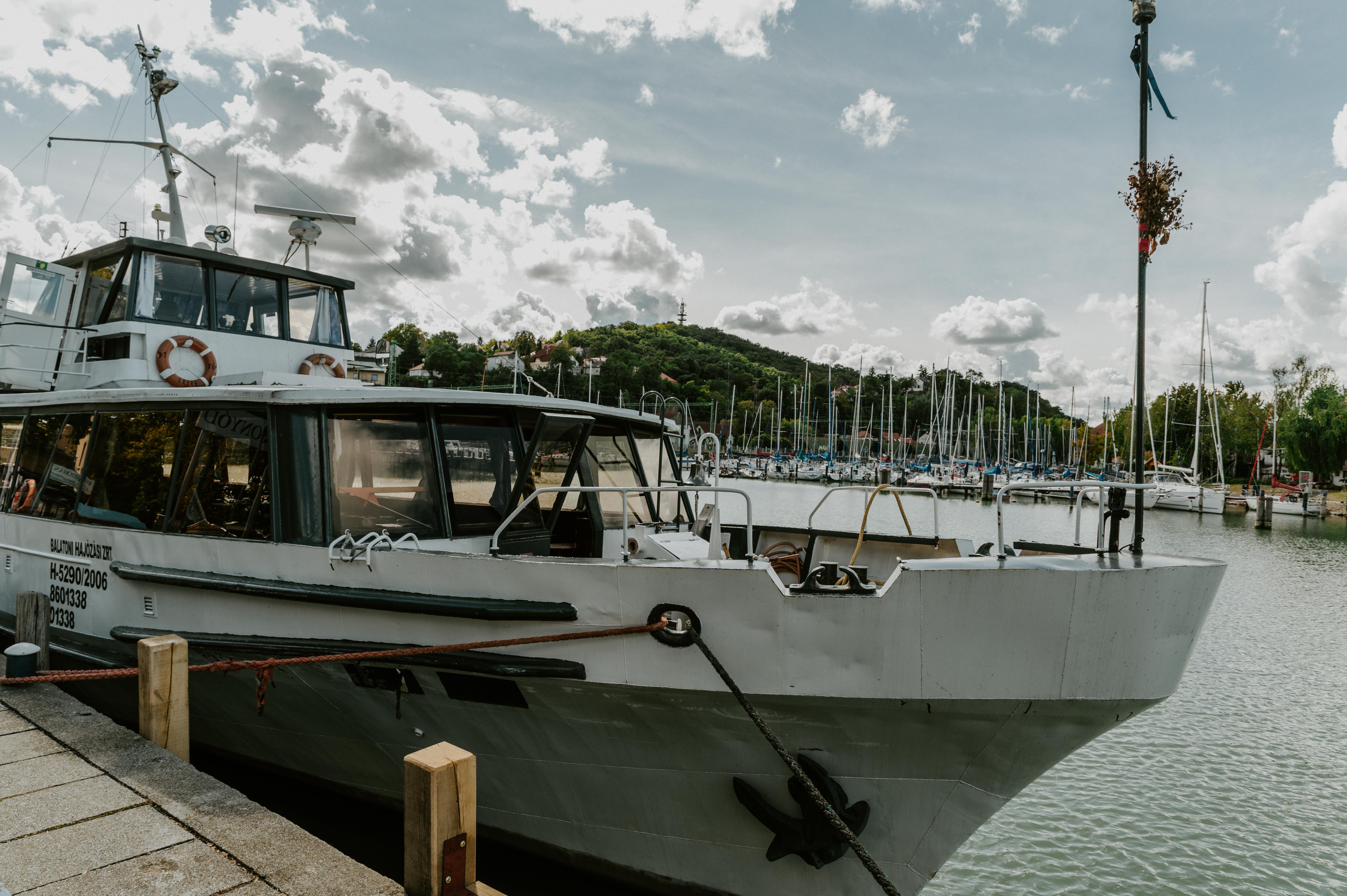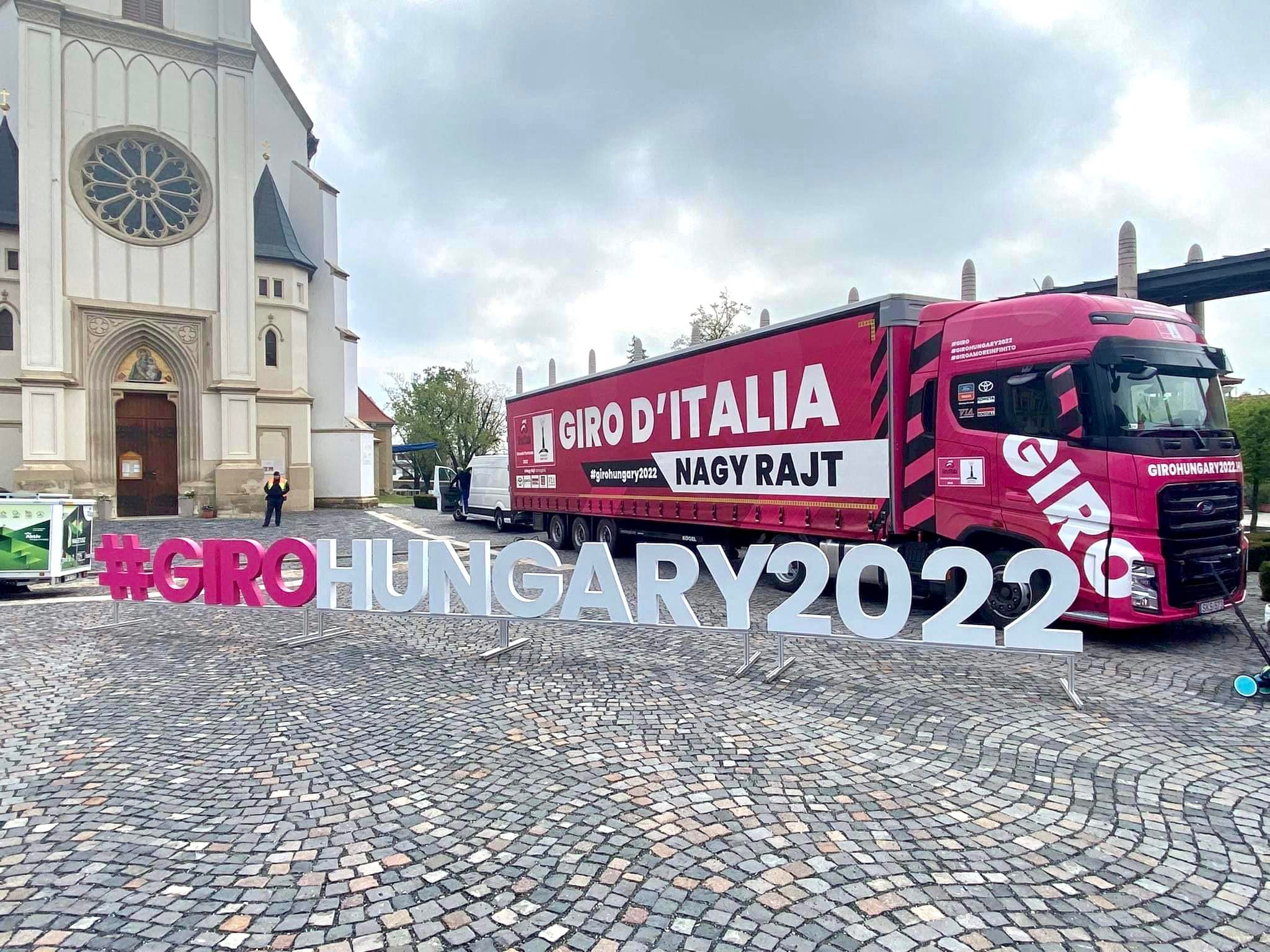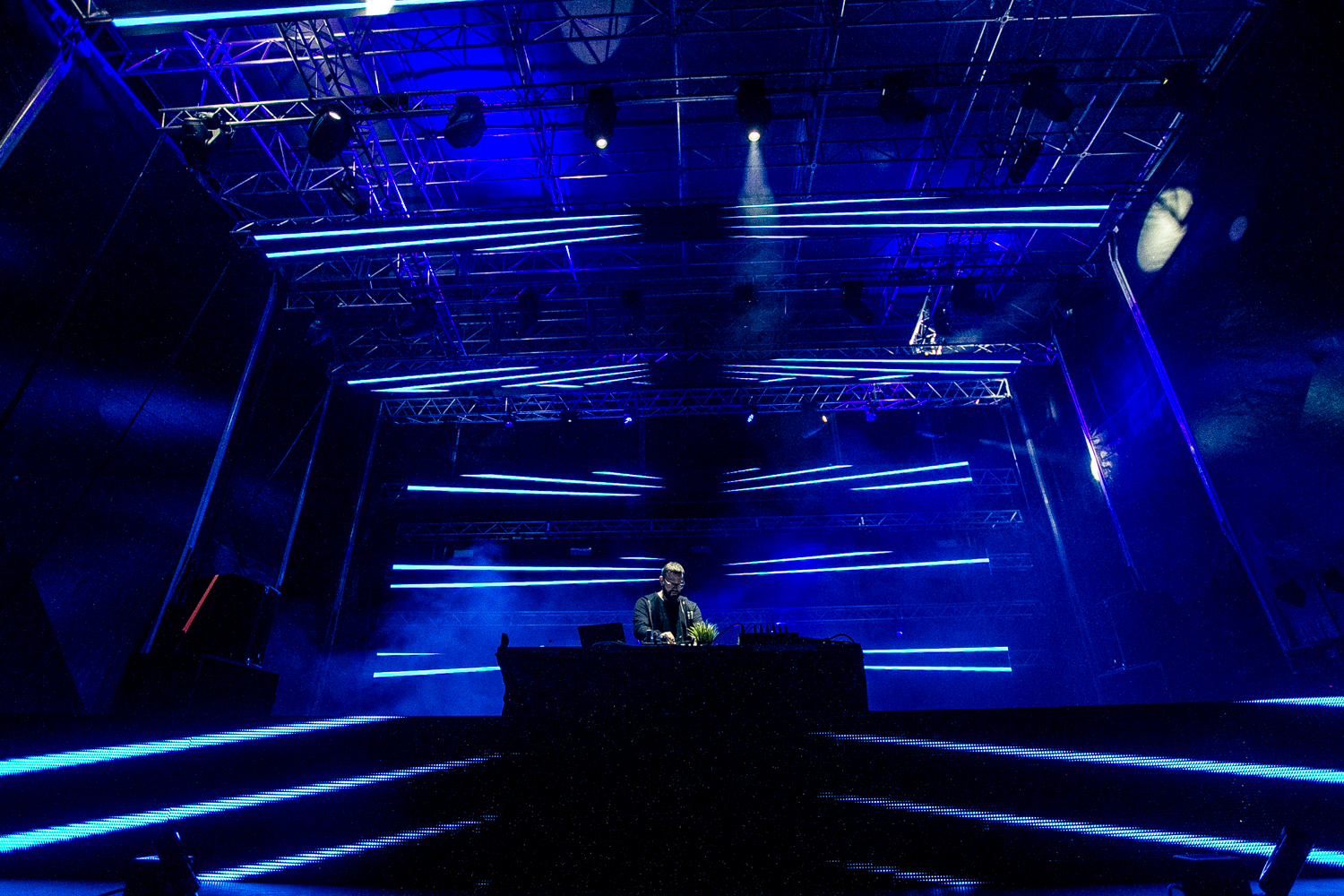Szerenád a szőlőben (Serendade in the Vineyard) -- this is the title of István Jásdi's book that he puts down in front of the journalist who happens to ask him about the beginnings. He is right, the book tells you everything you need to know about the past of the owner of Jásdi Pince. I would like to let you know, Pista bácsi, that I finished reading it!
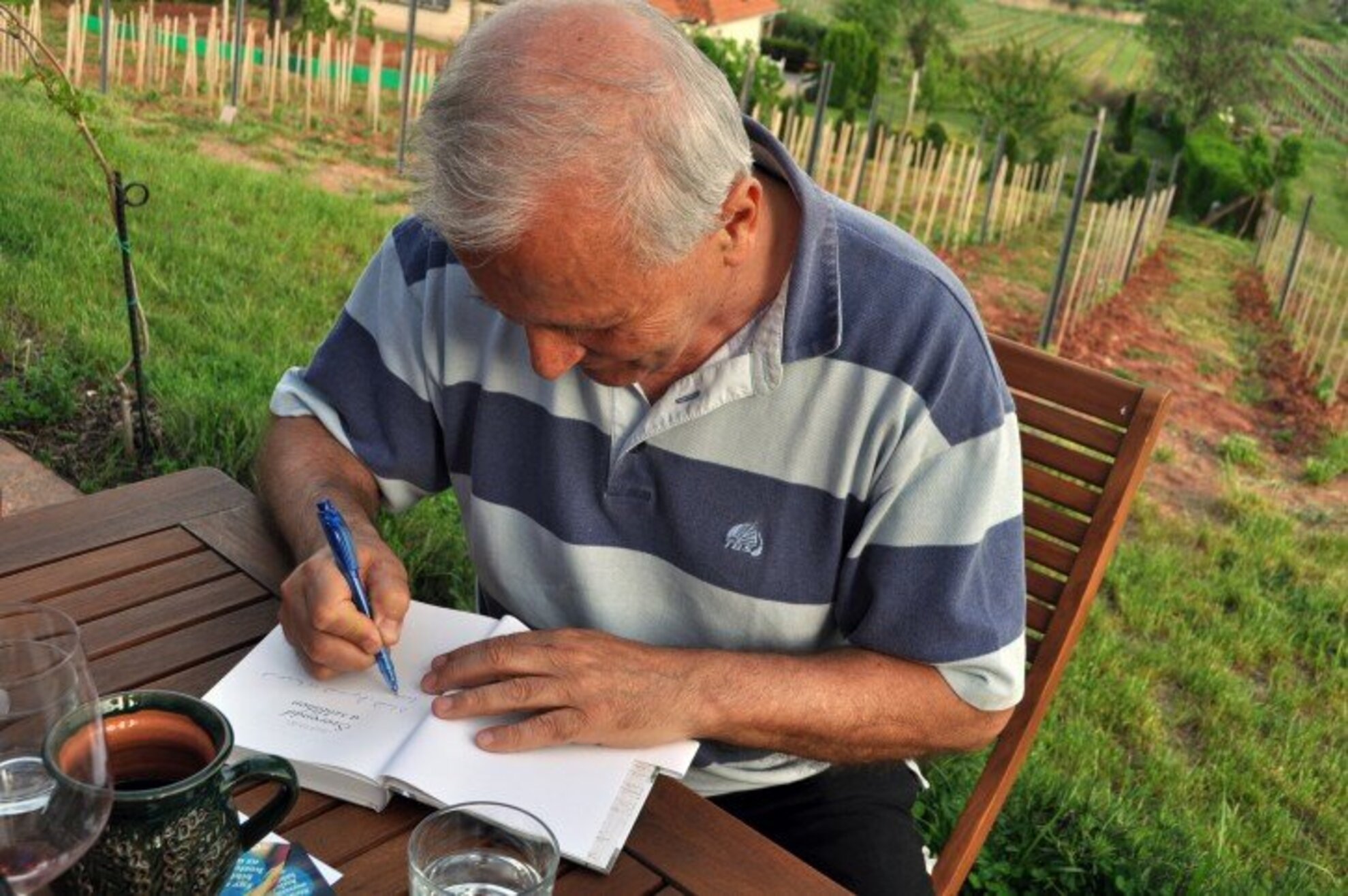
The Jásdi family bought the cellar 15 years ago, when the head of the family at 50 decided to sell his company. 'It was an ad of just a few lines about a 40-metre cellar at Lake Balaton and a press house, and we had no intention at all to buy it. We still came and had a look. Leaving the press house we decided to move here from Budapest, buy it, renovate it and fill the cellar with wine again.'
Fun fact: there is a legend that says that when István Jásdi--who is considered an avid sailor--was sailing past Csopak, he glanced up to the hillside and decided out of the blue that he would make wine there.Don't be surprised upon hearing this, just smile. People love romantic stories.
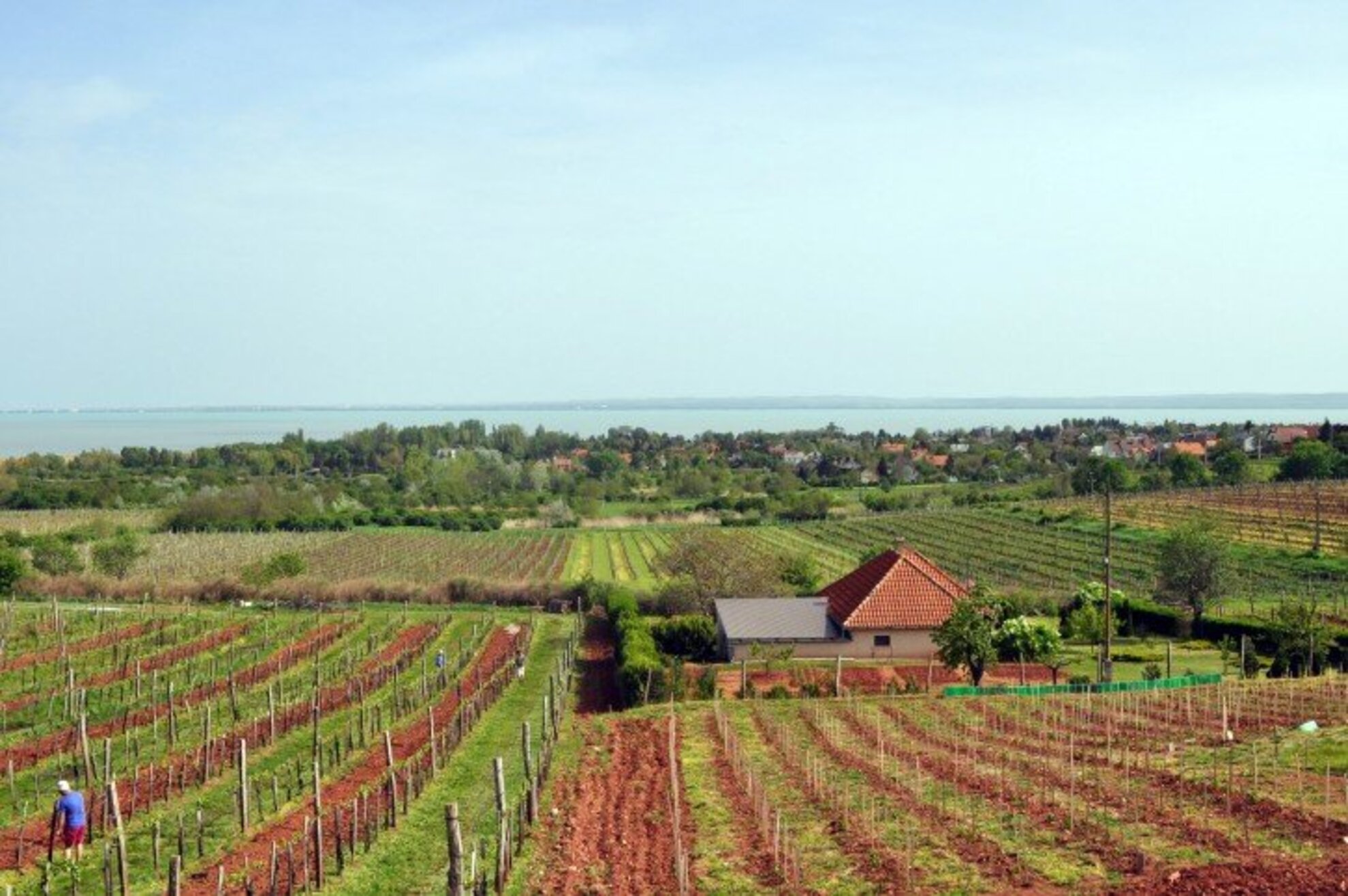
After years spent in Budapest and Paris, his frineds thought he must have gone mad. And not only they did. 'When the people selling the place (...) asked what we were about to do with the 40-metre cellar, I simply answered: we consider it suitable for an indoor swiming pool. This is what they expect to hear from people from Budapest,' he claims in his book.
The previous owners had planned to build a huge restaurant here, 'it was to be the largest csárda at Balaton with an enormous parking lot for buses', but Mr. Jásdi and his family strived to exploit natural local conditions and respect the past. It turned out that the cellar could not have been better built for the purpose of winemaking, and they transformed the vine-dresser house into their home, renovating it with fastidiousness befitting a protected building. 150 years before, the press house used to be the property of János Ranolder, Bishop of Veszprém, who had 50 acres of vineyard at the time. This was the place where grapes of varietal purity were first introduced in the neighbourhood. The Ranolder estate was the most modern vineyard of its age, the Bishop put Csopak on the map of wine. As a matter of fact, this was what roused the interest of Mr Jásdi. Beside the story of his life, the book, 'Szerenád a szőlőben' also discusses the activity of the Bishop and the viticultural traditions of Balaton. It is not only the book that pays hommage to the past, but the red and white Ranolders as well.
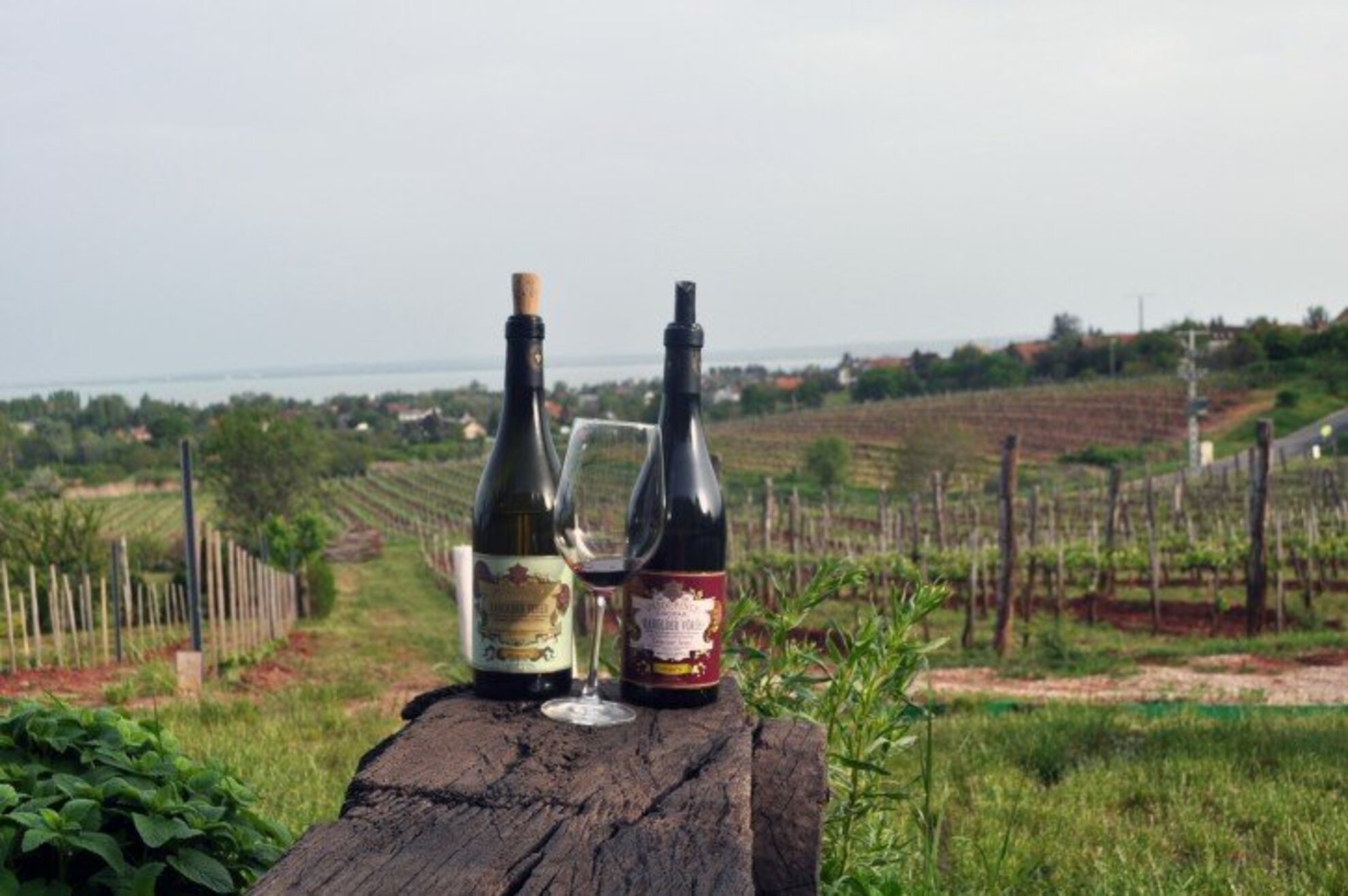
'We were lucky that there was no good wine in Csopak at the end of the 1990ies; cellars could start afresh. I lived in Paris for 5 years, I knew what good wine was, and this knowledge was not negligible at that time, but even valuable. At first, we needed a vine-dresser and a wine-maker, later we got the hang of it. The first wine won gold at the international competition in Budapest,' he says. 'We are still learning and learning, the experimentation still goes on. We are utilizing the knowledge we gathered, we know the changes of the land inside out. You live within the weather, you even see the swelter of the grapes. Those are the good years, when there is weather that people enjoy as well. Not heatwaves, but a variety of nice weather. In the mean time, the conditions are changing, we are also affected by the climate change and strive to react.'
'The Jásdi Borterasz is open all year. If you come here in the afternoon of 7 January, in snow falling horizontally, they will open the door and pour you a glass of wine(expect if it's Tuesday, which is a day-off.).
This is the only place like that around. We have visitors almost every day, but sometimes it happens that a few days go by without anyone knocking, so it's only us sipping wine. Frineds are coming, in the winter there are more tourist groups, more events, there are wine dinners, and the 'Borászok a kanapén' (Wine-makers on the Couch) series also goes on. We do not want to open a restaurant, wines are in the focus and we give food to go with it, sometimes only cold appetizers, sometimes more serious dishes. Post-Socialist gastronomy concentrates on suppressing the taste of wine, they numb senses with red onion and "ágyas" pálinka (i.e. pálinka aged with fruits). You won't get that here.'
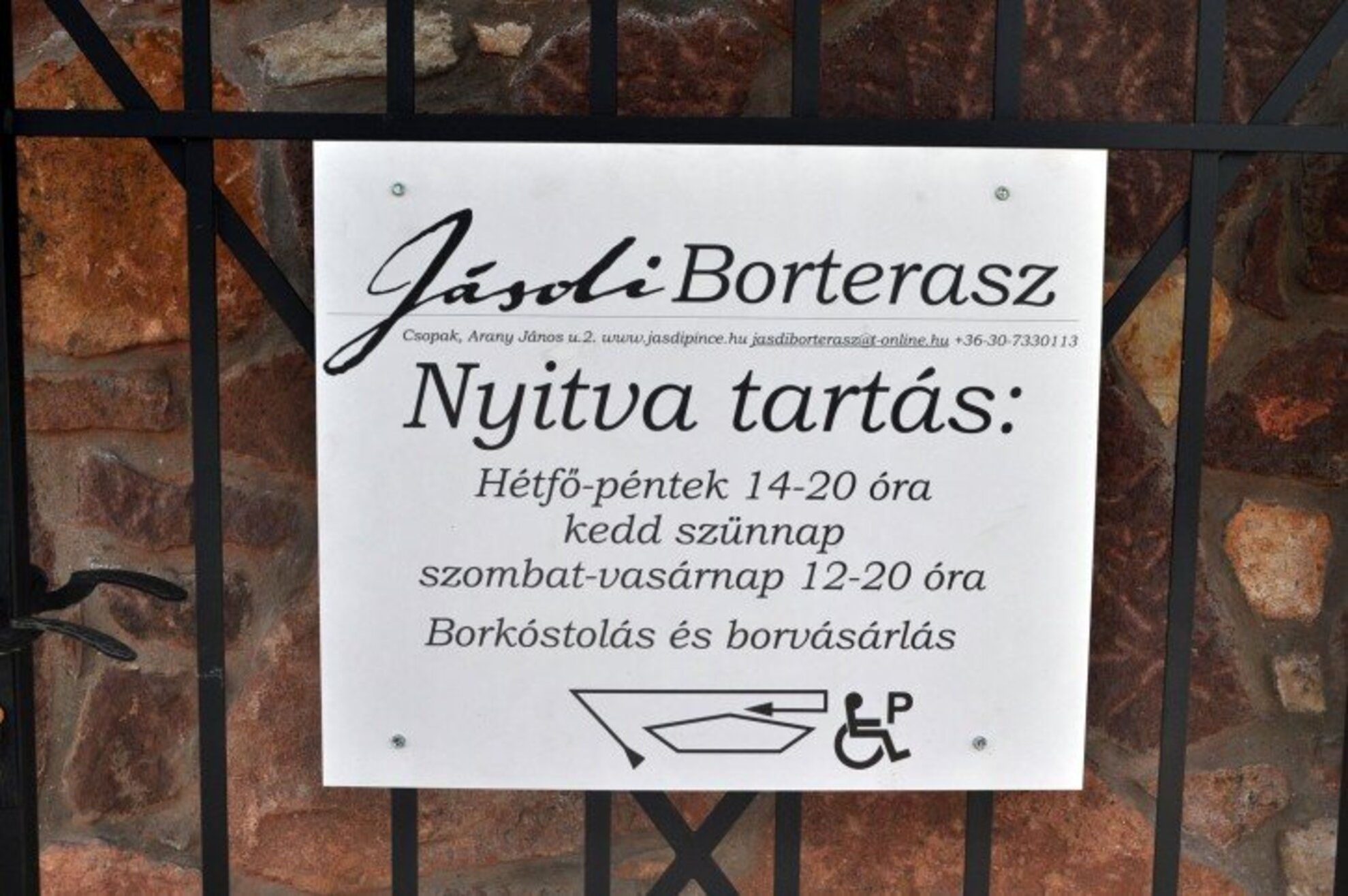
The basic Jásdi wines are available at Bortársaság, but some of their products can only be bougth from Borterasz and Vinotéka. The product of greatest volume is Welschriesling: this wine is the basis of the Csopak Codex, a system of criteria compiled by local wine-makers, which is so strict that even they are unable to meet in certain years. It is no accident that István Jásdi will also give a speech at the Big Welschriesling Tasting in Budapest on oktober 19.
